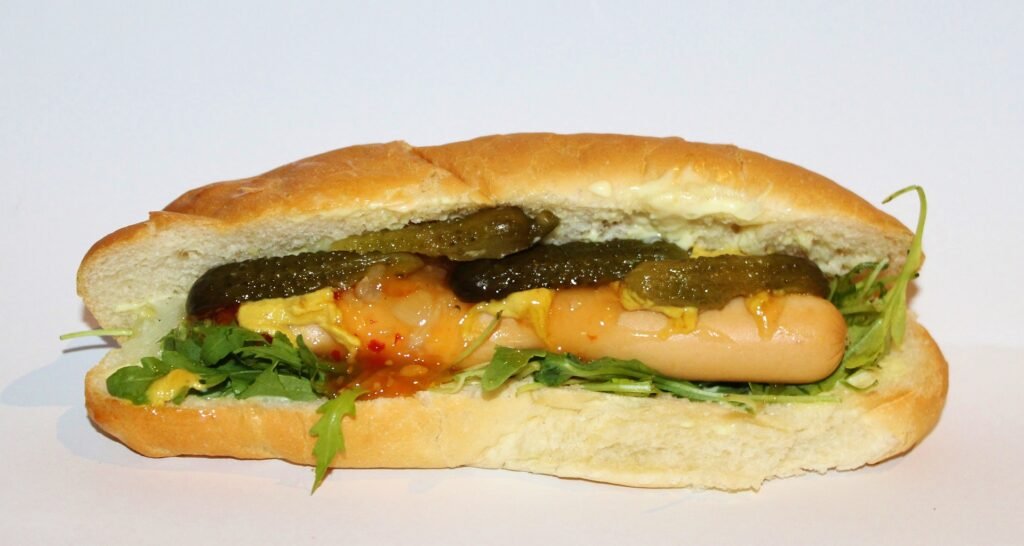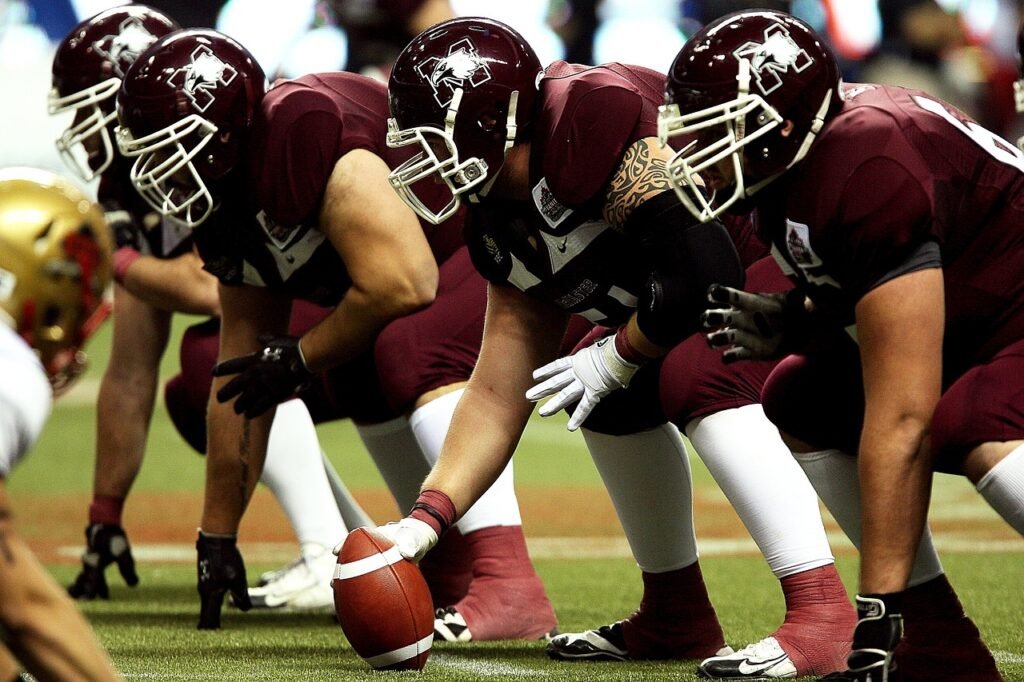The Nathan’s Hot Dog Eating Contest is one of the most iconic events in competitive eating, attracting viewers from around the world. Held every July 4th at Coney Island, this contest has been a staple of American summer celebrations since the early 20th century. It features top competitive eaters racing to consume as many hot dogs as possible in just 10 minutes. Over the years, champions like Joey Chestnut and Takeru Kobayashi have set astounding records, pushing the limits of human consumption.
However, with any high-stakes competition comes the potential for controversy, and Nathan hot dog eating contest cheating is a topic that has surfaced from time to time. Allegations of unfair practices have raised questions about the integrity of the sport, adding an unexpected layer of drama to the world of competitive eating.
In this article, we will dive into the history of cheating allegations at Nathan’s Hot Dog Eating Contest, explore the potential ways competitors could manipulate the results, and look at how the contest’s organisers have responded to these claims. Whether you’re a fan of the contest or just curious about the controversies, this deep dive will shed light on the competitive side of hot dog eating.
Cheating Allegations: Fact or Fiction?
While Nathan’s Hot Dog Eating Contest is mostly known for its high-energy, light-hearted competition, it hasn’t been immune to allegations of cheating. Over the years, there have been whispers about competitors bending the rules to gain an advantage. These accusations, whether substantiated or not, have sparked debate among fans and fellow competitors about the lengths people will go to win.
One of the most well-known cheating accusations came in 2009 when some spectators and competitors suggested that a few participants were using techniques to manipulate the outcome. These claims ranged from hiding partially eaten hot dogs to intentionally dropping food to be disqualified strategically. While no formal investigations were conducted, the suspicions raised concerns about the potential for cheating in a contest that thrives on fairness and transparency.
Ways Competitors Could Cheat
In competitive eating, there are several ways participants could theoretically cheat or bend the rules, especially in a fast-paced event like Nathan’s Hot Dog Eating Contest. Here are a few methods that have been suggested over the years:
- Dropping Food on the Floor: In the rush to eat as many hot dogs as possible, it is conceivable that a competitor could “accidentally” drop pieces of hot dog or bun on the floor, thus avoiding the need to consume them. This would allow the eater to avoid eating the entire portion while still receiving credit for a full hot dog.
- Hiding Food in Napkins or Clothes: Some competitive eaters have been accused of using their napkins or clothing to discreetly hide uneaten food. This method, while difficult to execute, could potentially help a competitor reduce the amount of food they need to eat to win.
- Unfair Dunking Techniques: Dunking the buns in water is a legal and common technique to soften the bread and make it easier to consume quickly. However, some have suggested that competitors might use excessive amounts of water to dissolve the buns entirely, making it easier to eat more hot dogs in a shorter period. This practice could blur the line between smart strategy and potential cheating.
- False Chewing: In an event where eaters are timed and monitored closely, competitors might fake chewing while secretly discarding or hiding uneaten food. This method would require careful timing and coordination, as spotters and judges are present to observe competitors’ every move.
- Strategic Self-Disqualification: One of the more unique forms of manipulation involves intentionally disqualifying oneself after consuming enough hot dogs to secure a place among the top finishers. A competitor might force themselves to regurgitate food near the end of the contest, knowing that their final tally up to that point would still count. While this tactic could lead to disqualification, it might still allow for strategic placements on the leaderboard.

Contest Organizers’ Response to Cheating Allegations
In light of cheating allegations, the organizers of Nathan’s Hot Dog Eating Contest have made efforts to maintain the integrity of the competition. The event is carefully monitored by judges and spotters who are responsible for ensuring that competitors adhere to the rules. Spotters are assigned to each eater, and their job is to keep a close eye on the food consumed, making sure that every bite counts.
George Shea, the long-time host and emcee of the contest, has addressed the issue of Nathan hot dog eating contest cheating on multiple occasions. Shea and his team emphasize the importance of fairness in the sport of competitive eating. “We take cheating very seriously,” Shea has said in interviews. “The rules are clear, and we have systems in place to catch anyone who tries to game the system.” Over the years, organizers have increased oversight, improved judging practices, and even added new rules to ensure a level playing field.
Disqualification for “Reversal of Fortune”: One rule that has become well-known in the competitive eating world is the so-called “reversal of fortune” rule. This refers to a competitor vomiting during the competition, which leads to immediate disqualification. This rule is strictly enforced to prevent any unfair advantages and to maintain the event’s cleanliness and sportsmanship.
In addition to spotters, contest officials also review footage of the event in cases where allegations of cheating arise. With the widespread popularity of the contest and the use of live broadcasting, it is difficult for competitors to cheat without being caught on camera. However, with high stakes and intense competition, the possibility of new forms of cheating continues to be a concern.
Notable Controversies and Cheating Scandals
While outright cheating scandals are relatively rare at Nathan’s Hot Dog Eating Contest, the event has had its share of controversies that have fueled rumors and accusations.
- The Kobayashi Incident: In 2010, competitive eating legend Takeru Kobayashi was famously arrested after storming the stage during the Nathan’s contest. Kobayashi, who had previously dominated the event, was at odds with the organizers due to a contract dispute. While this incident was not directly related to Nathan hot dog eating contest cheating, it stirred controversy about the event’s organization and rules.
- Joey Chestnut’s Record-Breaking Performances: Joey Chestnut, widely regarded as the king of competitive eating, has consistently set new records at Nathan’s Hot Dog Eating Contest. However, his sheer dominance has led some skeptics to question whether such incredible feats are even possible without bending the rules. Despite these whispers, no evidence has ever been found to suggest Chestnut engaged in any form of cheating.
- The Case of Strategic Disqualifications: In the mid-2000s, several eaters were accused of using the self-disqualification tactic to strategically place in the competition. While this form of manipulation is difficult to prove, it has remained a point of contention among competitors and spectators alike.
The Future of Nathan’s Hot Dog Eating Contest
Despite the occasional allegations of Nathan hot dog eating contest cheating, the Nathan’s Hot Dog Eating Contest remains one of the most beloved and entertaining events in the world of competitive eating. The contest continues to draw large crowds, both in person and through televised broadcasts, as fans gather to witness the incredible feats of human consumption.
As competitive eating continues to grow in popularity, the importance of maintaining fairness and transparency in the sport will only increase. Contest organisers will likely continue to adapt their rules and monitoring practices to ensure that the event remains a celebration of skill and endurance rather than an opportunity for underhanded tactics.
For now, the occasional accusations of Nathan hot dog eating contest cheating add an extra layer of intrigue to an already exciting event. Whether these claims are fact or fiction, they remind us that even in the world of hot dog eating, the drive to win can push some individuals to their limits.
Conclusion
The Nathan’s Hot Dog Eating Contest may seem like a light-hearted competition, but it has faced its share of controversies and accusations of cheating. From hidden food to strategic disqualifications, competitors have been suspected of bending the rules in pursuit of victory. While outright cheating scandals have been rare, the event’s organisers have taken steps to ensure fairness, including employing spotters and enforcing strict rules like the “reversal of fortune” disqualification.
As the event continues to grow, fans can rest assured that the contest remains a fun and exciting celebration of eating, with measures in place to keep it as fair and transparent as possible. Whether you’re watching for the thrill of competition or simply for the love of hot dogs, the Nathan’s Hot Dog Eating Contest is a uniquely American tradition that shows no signs of slowing down.






